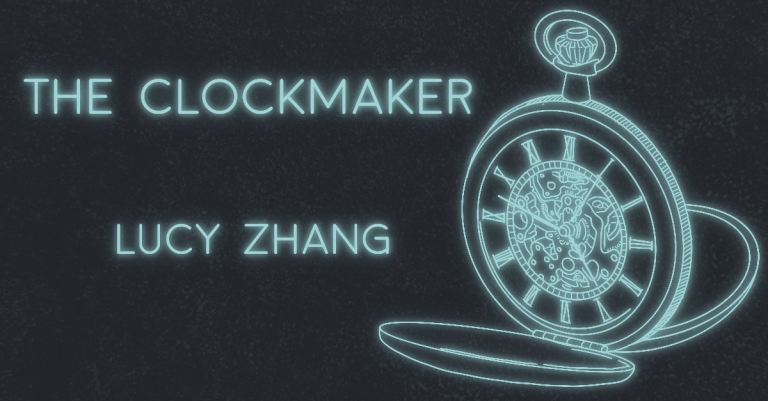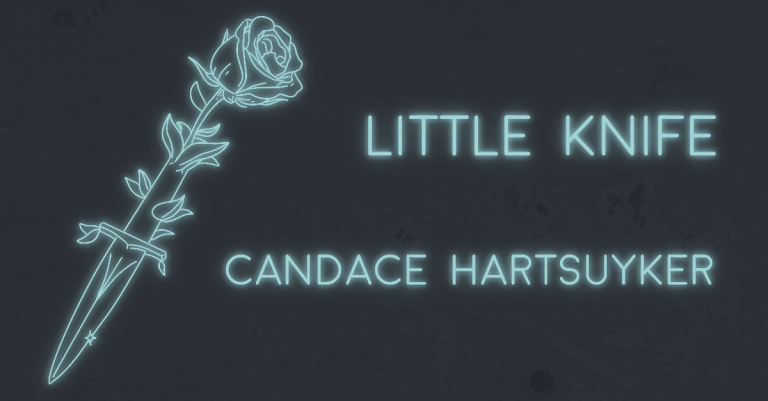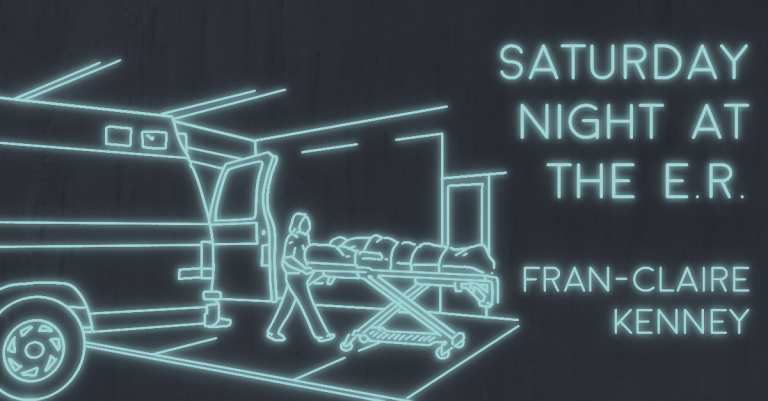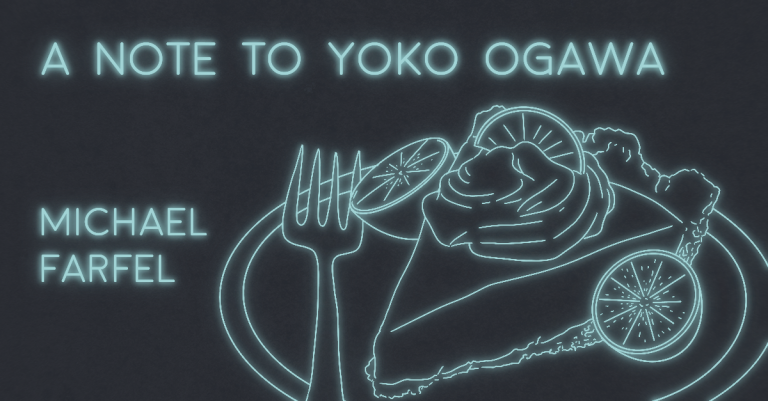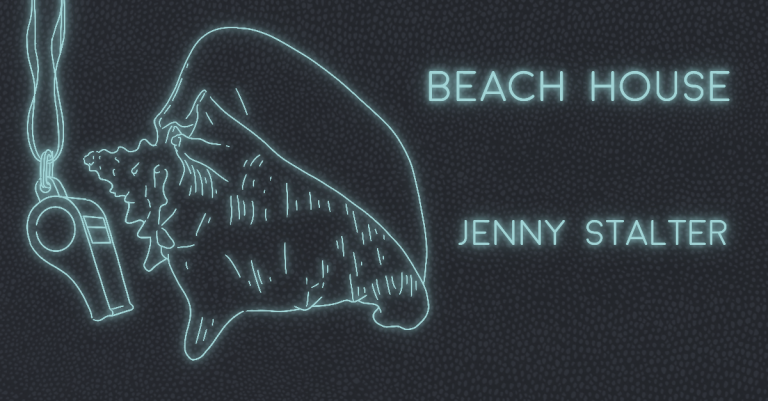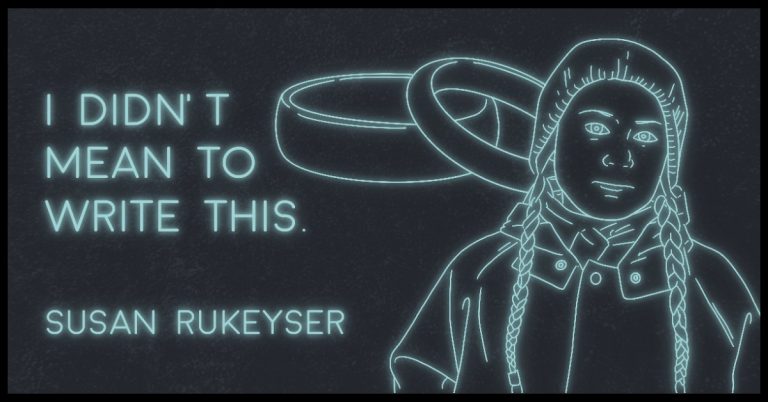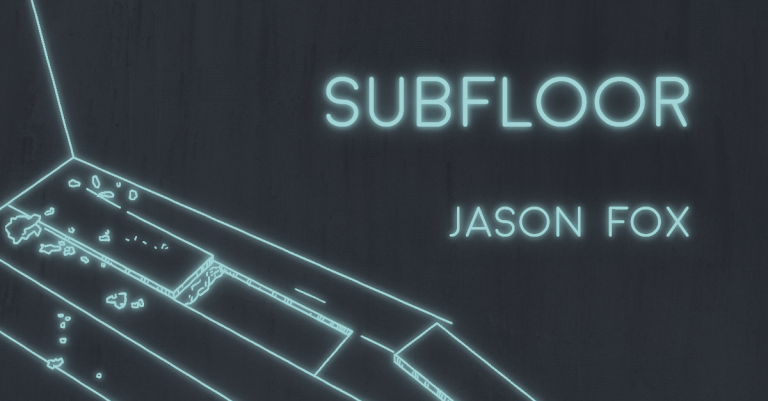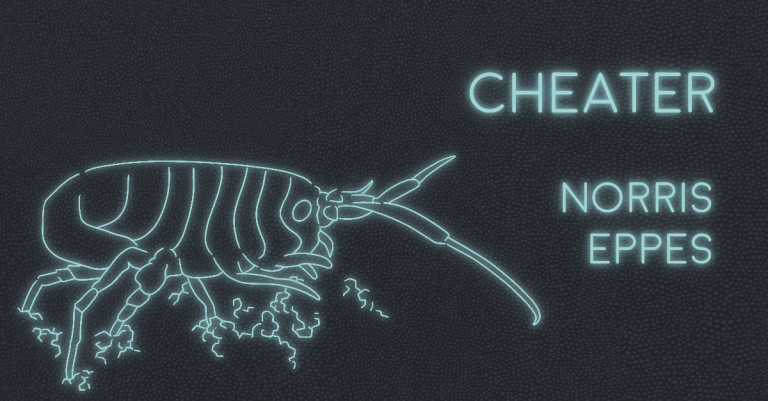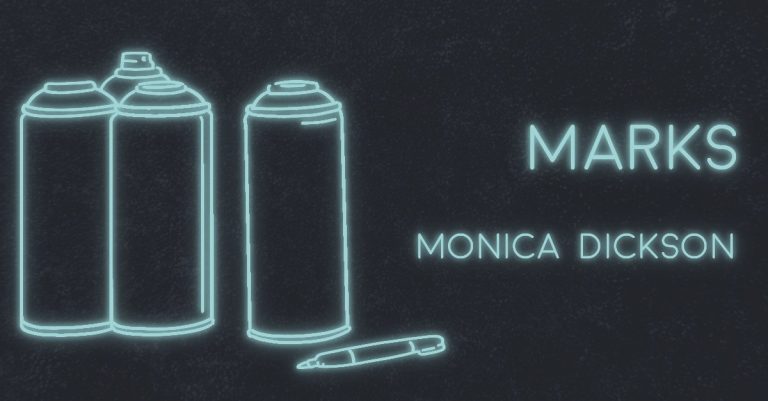
MARKS by Monica Dickson
‘The phantom scribbler strikes again’ – Biro on gloss, 1976 The cubicle door is freshly scarred, blue ink on institutional green. This is where John learns to read. John has been constipated since he started school. His mother takes him to the doctor and they send him to hospital where he drinks barium, so they can see what’s wrong with his insides. They let him take the x-ray home. There it is, a white cloud shaped like a question mark. ‘Fuck exams’ – Compass on wooden desk, 1981 John could do better if only he would apply himself. John

